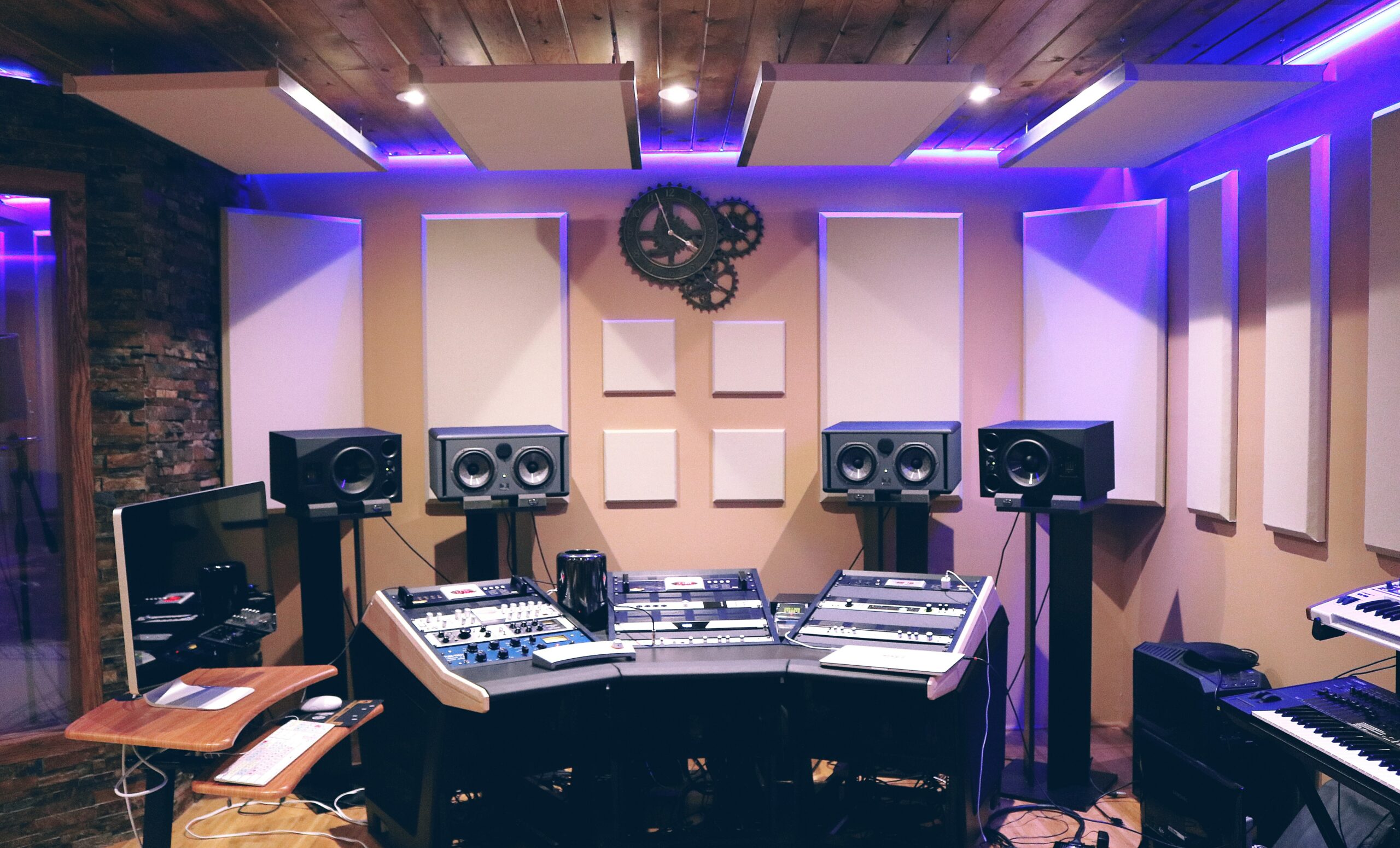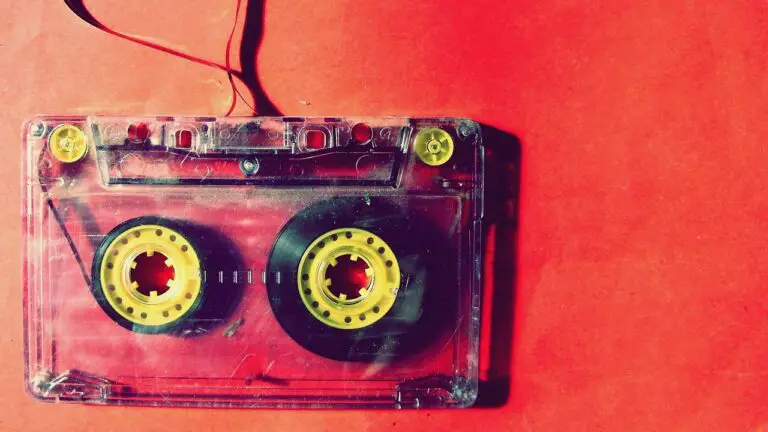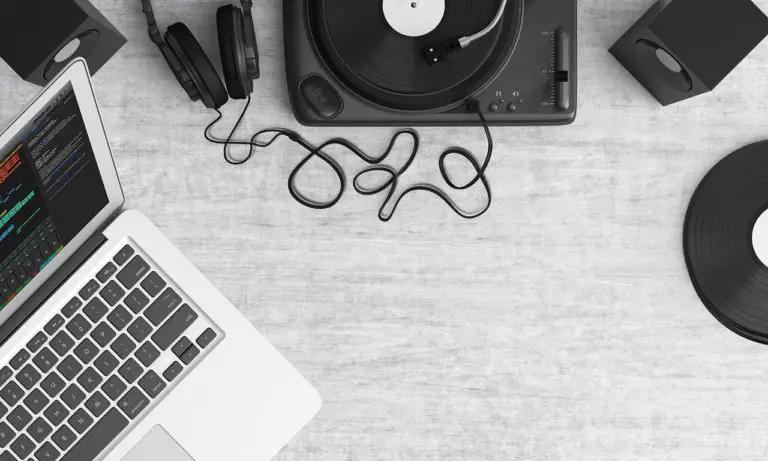What Does It Mean To Own Your Masters In Music?
In the music world, knowing if you own your masters is never as easy as it sounds. Yet it is something more and more artists are investigating as they enter the business.
Owning your masters means that you own all licensing rights to the original recording of a song, and receive the royalties for its commercial use rather than a record label or other party.
Master recordings are seen as valuable assets in the modern world. It allows the record holder to cash in on a song no matter who or where it is used.
It’s an aspect of the music industry that has affected both global superstars and unknown acts. So what does it mean to own your masters in music?
What Is A Master Recording?
Before even getting into the master ownership debate, there’s a need to be clear on just what a master recording is.
A master recording is the original recording of a song. This is the original recording of a song which is then reproduced or distributed for commercial purposes.
Once a master copy is laid down, anything identical after that is deemed a copy. No matter where or how it is distributed.
Master Recordings In Copyright Law
Much of the fuss about who owns your masters comes down to the role they play in copyright law. This is because these laws define how to benefit from copyright laws.
The US Copyright Act 1976 defines that the master recording is the basis on which all copyright royalties are based. It means the owners have the right to benefit if a song is:
- Played on any media platform
- Streamed digitally
- Used in advertisements or promotions
- Covered by other acts
- Performed in live settings
When a song is used in these settings, it generates royalty fees which are paid to the owners of the master recording. This can potentially generate millions in income over decades for the potential right holders.
Masters vs. Publishing Rights
When it comes to owning the masters of a song, this only ever refers to a recording of the song. It does not include the physical entity of the song itself.
The actual core structure of a song – the music and lyrics – are classified as publishing rights. This covers anyone who wrote lyrics or composed the music of a song.
If a copyright battle ever occurs over the publishing rights, it will never involve any recordings of the song. In legal eyes, any recording issues are dubbed a breach of master copyright.
Who Can Own Your Masters?
You would think that anyone making the recording would naturally own the rights to the original piece. However, that is far from the case.
The ownership can be spread across several parties depending on what type of deals are in place. This can include:
- The artist
- A record label
- A musical rights agency
Most of the time, the main rights holders are those who have paid for a song to be recorded and organized the studio time. This will quite often not be the artists themselves who arranged all this. So how can this be?
Traditional Artist Record Deals
One of the main reasons acts won’t own their master recording is because their record label will receive the master rights to a song.
This is typically found in traditional record deals where the record company signs an artist to their label. What happens in a traditional artist deal is that the act legally gives up commercial rights to their songs to the label.
The record company then covers all costs in terms of producing a record including all studio recording time, production as well as distribution of the work. This then gives them legal control over a master of the song and how it is used from then onwards.
In compensation for this, artists are paid in advances which is a proportion of all income generated by a song, it’s sales and any other income generated by the work whilst signed with the label.
Musical Rights Companies
Aside from musicians or record labels owning their works, third-party agencies have emerged where their sole purpose is owning and handling the rights to an entire back catalogue. Even if they had no role in the original recording.
The way this works is simple – these companies contact the rights holders and negotiate fees to own the rights to a song.
Once an agreement is in place, the company pays the original right holders large sums of money to have exclusive rights to a band’s work including all master recordings and subsequent royalty fees.
It is a practice that some of the biggest acts in music history cashing in on their rights. For example, Justin Bieber sold the rights to all his work to Hipgnosis Song Capital for $200 million in 2023. This deal included the masters of over 190 songs as well as any future songs that he’d create.
These types of deals have seen rights companies become some of the biggest players in the industr . For example, Hipgnosis Songs has a rights portfolio worth over $2.5bn.
Another famous example is through Taylor Swift and Scooter Braun, in which Scooter Braun purchased the label Big Machine, which put out Taylor Swift’s first 6 records. This purchase effectively gave Scooter Braun full ownership of the masters of these versions, which resulted in Taylor re-recording and re-releasing “Taylor’s Version”s of her most iconic songs.
How To Own Your Masters
Despite there being huge amounts of money available for master recordings, many artists do like to have control over their music.
The easiest way to own your masters is to still self-publish your work. This means self-financing the entire process from start to finish. That includes booking a studio and recording and mixing a song before filing for the master rights.
However, this isn’t the only option available to artists. Indeed, several options give acts a way to own their recordings and benefit from mainstream companies. So what is available out there?
Distribution Deal
A fast-growing type of deal emerging between musicians and record labels is the rise of a distribution deal between both parties.
What a distribution deal allows is for a musician to work with a major label to release an album commercially while maintaining the master rights to their work.
The artist is more likely to record the work themselves before negotiating deals with the likes of Universal, Warner or Sony to get their records released – both digitally and physically.
In these deals, the artist remains the rights holders to their masters and will receive all royalties. However, acts will often sacrifice the income from sales (e.g. 75-25) in favor of the distributing company.
What this allows is artists to maintain long-term benefits from their work and have creative control whereas labels still get to enjoy a large proportion of the financial income generated by album sales.
Consider all parties
The other thing to consider when trying to own your master recordings is understanding who is involved in the recording process and if they have a claim to the masters.
For example, undertaking a production deal might mean that the producer has a claim to the master as well as your act. This can create particularly messy legal scenarios – just ask Taylor Swift!
Therefore, when organizing any sort of deal, ensure that your agent or music lawyer looks over everything and ensures that you remain in tight control.
It only takes one misstep in a contract to go from owning your masters to losing all rights and royalties to another party. Particularly, if you have a specific type of deal with a label or production agency.
Conclusion
In the end, there is a lot to take in owning your masters in the music industry. There are plenty of pitfalls and curves to negotiate when working out who is going to receive the royalties from any recordings you have made. If you sign a standard deal, then it will be the label that owns the rights to your recordings. Of course, any act that goes the 100% independent route will keep hold of their rights.
However, the emergence of new deal types such as distribution and license deals gives artists a chance to hold onto control of their master recordings and still work with a major label. Meanwhile, the rise of musical IP companies allows musicians to cash in handing over rights for large sums of money. No matter what option a party chooses, owning a master recording gives you full control of how it is used. That’s why there is nothing more valuable than to own your masters in music today.








